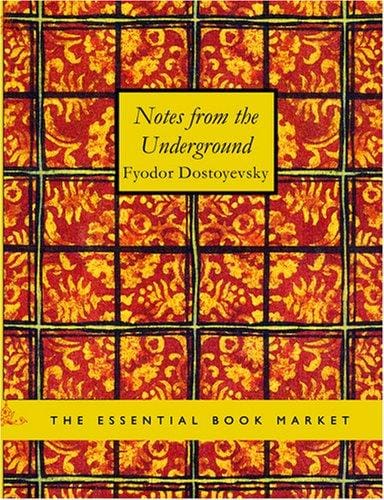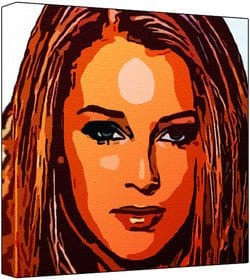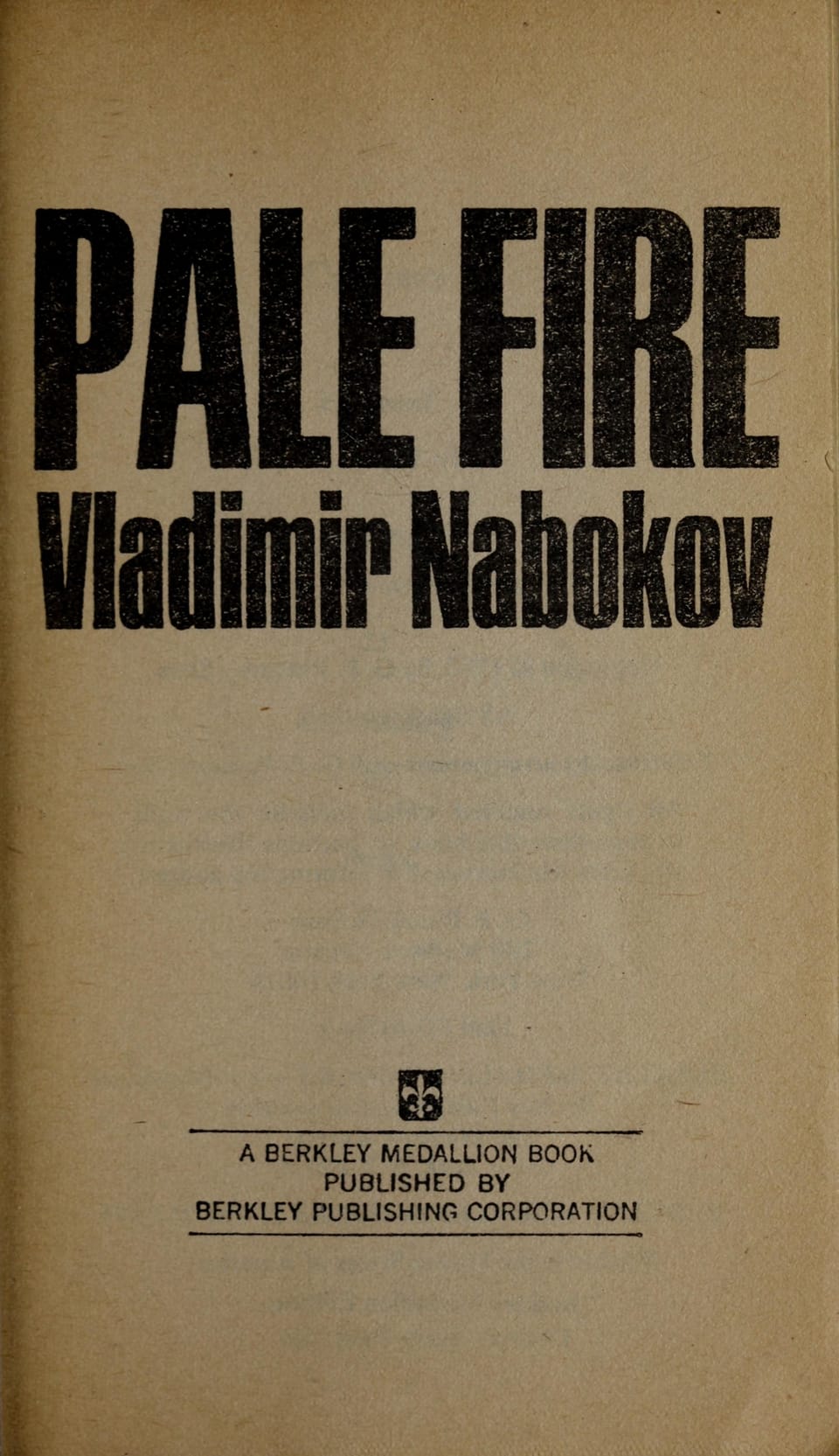Notes from the Underground: A Deep Dive into Dostoevsky’s Existential Classic
Explore Dostoevsky's Notes from the Underground with summary, themes, context and modern relevance in this concise 800-word literary analysis.

Introduction to Notes from the Underground
Few works of Russian literature have stirred as much philosophical debate as Fyodor Dostoevsky’s 1864 novella, Notes from the Underground. Presented as a fevered confession by an unnamed “Underground Man,” the text anticipates existentialism, psychoanalysis, and modernist narrative techniques decades before they became fashionable. This article offers an accessible, SEO-friendly exploration of the novel’s plot, themes, style, background, and enduring relevance, helping new readers and seasoned scholars alike navigate its dark corridors.
Brief Plot Summary
The novella is split into two parts. In Part I, titled “Underground,” the protagonist, a retired civil servant living in St. Petersburg, addresses an imaginary audience. Isolated, embittered, and hyper-conscious, he rails against the idea that rational self-interest leads to human happiness, arguing instead that people often act against their own benefit to assert free will. Part II, “Apropos of the Wet Snow,” flashes back to the 1840s and recounts three pivotal incidents: the Underground Man’s humiliation by former classmates at a dinner party, his desperate attempt to confront them at a brothel, and his cruel yet vulnerable encounter with Liza, a young prostitute. Each episode exposes the gulf between his grand theories and his paralyzing insecurity.
Key Themes and Motifs
The Rejection of Rational Egoism
Dostoevsky wrote during an era when utilitarian thinkers like Nikolai Chernyshevsky claimed that reason could design a perfect, harmonious society. Through scathing irony, the Underground Man dismantles that optimism. He insists that humans cherish freedom so much they will sabotage their own interests simply to prove they are not programmable machines. The infamous line about wanting “pain and chaos” underscores his conviction that suffering is integral to self-definition.
Existential Isolation
Long before Sartre and Camus, Dostoevsky dramatized the agony of radical subjectivity. The Underground Man is trapped in an echo chamber of self-consciousness, overthinking every gesture until genuine connection becomes impossible. His contradictory impulses—yearning for acceptance while despising others—capture what modern psychologists term cognitive dissonance.
Free Will vs. Determinism
The crystal palace, a utopian image borrowed from contemporary socialist rhetoric, symbolizes deterministic progress. By positioning himself “underground,” the narrator claims refuge from this palace, asserting messy free will against the antiseptic promise of a planned future. The tension foreshadows twentieth-century debates about automation, surveillance, and the price of comfort.
Narrative Style and Innovation
Notes from the Underground is one of literature’s earliest examples of an unreliable narrator. The Underground Man contradicts himself, exaggerates, and admits to lying, forcing readers to piece together truth from fragments. Dostoevsky pairs this with a confessional monologue that directly addresses “gentlemen,” a device that collapses the boundary between narrator and audience. Stream-of-consciousness passages anticipate James Joyce and Virginia Woolf, while the sudden shift from philosophical essay to dramatic scenes prefigures modern metafiction.
Historical and Cultural Context
Composed after Dostoevsky’s Siberian exile and amid rising radical politics in Russia, the novella critiques Western rationalism and its Russian disciples. Dostoevsky feared that idealized blueprints for society would erase individuality. His skepticism resonated in a nation grappling with serf emancipation, industrialization, and revolutionary activism. Understanding this backdrop enriches the text, revealing why the Underground Man’s tirades targeted real journals and philosophies circulating in 1860s St. Petersburg.
Modern Relevance
More than 150 years later, Notes from the Underground feels startlingly contemporary. In the age of social media, many experience the same paradox of hyper-connection and inner loneliness. The novel’s critique of algorithmic predictions parallels today’s debates over big data and personal autonomy. Readers confronting burnout, alienation, or the pressure to perform online find a grim mirror in the Underground Man’s confessions.
Psychological Insight
Dostoevsky anticipates Freud’s theory of repression and Jung’s concept of the shadow self. The narrator’s shifting self-image—boastful mastermind one moment, pitiful worm the next—illustrates the fragmented psyche characteristic of modern clinical descriptions of borderline personality disorder. Consequently, the work remains a staple in courses on literature and psychology.
Reading Tips for Newcomers
First-time readers may feel disoriented by the narrator’s abrasive voice. Approach the text as a dramatic monologue rather than a traditional novel. Pay attention to emotional cues, noting when the Underground Man’s sarcasm masks vulnerability. Annotating references to contemporary thinkers—Bentham, Fourier, Chernyshevsky—also clarifies the polemic undercurrent.
Conclusion
Notes from the Underground endures because it confronts timeless questions: Why do we hurt ourselves? Can reason guarantee happiness? What does freedom mean in a society bent on optimization? Dostoevsky offers no neat answers, only the unsettling image of a man burrowed beneath the city, scribbling objections no one asked for but everyone secretly recognizes. By engaging with this short yet dense work, readers gain not only a cornerstone of Russian literature but also a lens for examining their own subterranean motives.



